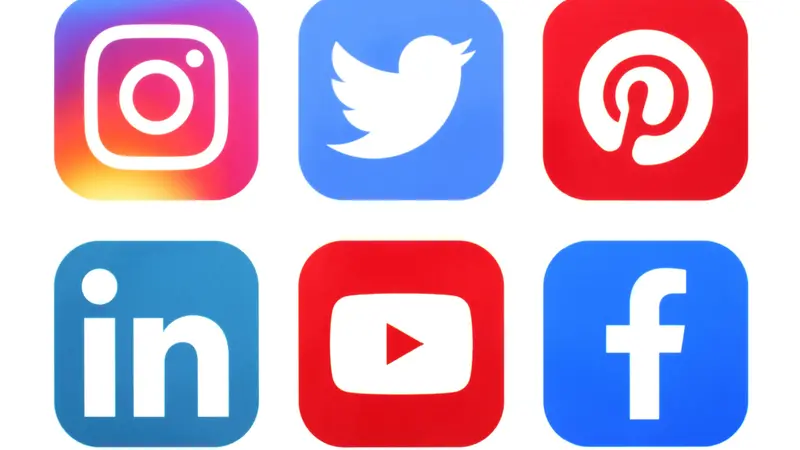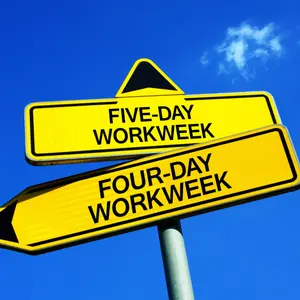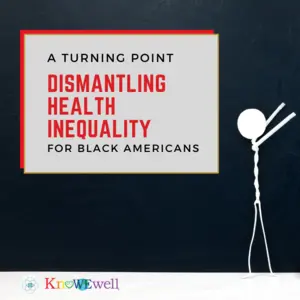

WELLthier Living and Aging

WELLthier Living and Aging
Healthy Social Media Habits: How You Use It Matters
Technology has changed the way we interact with each other. Social media puts other people just keystrokes away. This helps some feel like they have more social support. But for others, it can increase isolation and depression.
Researchers are investigating how social media affects mental health. They’re learning that who you meet and what you find online can mean the difference between helpful and harmful effects.
Use Your Time Wisely
Logging into social media can lead you in many directions. Actively engaging and connecting with others online can help build your social supports—both online and offline. But spending many hours passively scrolling through upsetting content can send you spiraling into negative thoughts and feelings.
Increased social media use has been linked to symptoms of depression, anxiety, and stress. But it’s not always clear which comes first: Is more time online causing the symptoms or a result of the symptoms?
Depression or anxiety can cause you to isolate yourself. Spending more time online may be a sign that you’re withdrawing from others.
Studies have also found that some online activities can worsen your mental health. Passively watching what others are doing online can make you feel more isolated. You might feel you’re missing out or being left out. Or it can make you think that other people have better lives than you.
What you click on then affects what you see next. If you click on things that bother you, you’re likely to be shown more of those things. Repeated scrolling through disturbing content can increase your stress and anxiety.
Teens are especially at risk from the effects of social media. Studies have found links between patterns in teens’ social media use and mental health problems.
“There has been a growth in social media use, smartphone use, and teens’ lives being online over the last 10 years,” says Dr. Katherine Keyes at Columbia University. Rates of teen depression and suicide also rose over the past 10 years. Researchers have been looking at social media’s role in that increase.
Keyes’s studies have shown that digital media use alone doesn’t account for these recent rises in depression and suicide. Other factors must also play a role. More research is needed to figure out what those are.
What seems most important is how teens are using social media and how their time online is affecting their offline social networks and activities, Keyes says.
In other words, time online takes away from time you could be spending with others, being physically active, or doing a hobby. These are things that help protect your mental health.
Connect Carefully
You can find countless different people and communities online. “Many meaningful and beneficial connections can be made online,” says Keyes. “This is especially true for teens who have more marginalized identities. Sometimes they can find community and connectivity online that they can’t get in their day-to-day lives.”
But the digital world can also expose you to harmful health behaviors. Excessive drinking, substance use, and eating disorders are sometimes misleadingly shown as what everyone’s doing or wants to do.
People also see ads about tobacco use, cannabis use, and drinking online. Dr. Patricia Cavazos-Rehg at Washington University in St. Louis studies the effects of ads on teen substance use. Her research has shown that even passively viewing tobacco content online increased the likelihood of using tobacco products. Keyes found similar trends for alcohol and cannabis.
“My concern is that social media can make substance use behaviors seem normal,” Cavazos-Rehg explains. That can affect both teens and adults.
“We’ve seen a lot of messages online about ‘wine-mom’ culture that link alcohol use with ‘mommy needs a break at the end of the day,’” Keyes says. “These messages link alcohol with positive self-care.” But using alcohol to manage stress is not a healthy coping strategy. In recent years, women have had a higher increase in alcohol use than men.
Cavazos-Rehg is researching ways to deliver information about the risks of substance use on social media. She’s also looking at how to get quality treatment information to people talking about mental health issues and substance use online.
Seek Out Help
Social media can be a tool to improve your mental health. You can search for health information, hear about others’ experiences, or find treatment options.
“We have found that social media can be very helpful for people who are feeling stigmatized about in-person recovery,” Cavazos-Rehg says. “Plus, social media can help those who are curious or ready to engage in treatment but want advice from their online peers first.”
Her team looked at what prevents people with symptoms of depression from seeking treatment. They found that many people worry about being stigmatized. Others have trouble accessing or paying for treatment.
Her team is looking for ways to reduce those barriers through social media. They’ve created tools to identify social media posts that may indicate someone needs treatment for an eating disorder. They also created a treatment app for teens with eating disorders. The team is working to reach teens in need of treatment through online ads as well.
“There is a lot of support for recovery and for mental health that individuals can get off of social media,” says Cavazos-Rehg. “But there’s often misinformation that can spread as well.” Find tips for evaluating online health information at go.usa.gov/xSv9n and go.usa.gov/xSv9P.
Remember, you don’t need to struggle with mental health problems alone. “There’s a common misconception that we can handle our mental health problems on our own, and that they’re not severe enough to warrant medical care,” Cavazos-Rehg says. “But that’s a misconception.” Don’t hesitate to reach out to a health care provider or mental health professional.
Protect Your Mental Health
- Take care of your body and mind. Stick to a schedule, eat well, stay physically active, get quality sleep, stay hydrated, and spend time outside.
- Invest in healthy relationships. Socializing is a powerful buffer to stress and a source of well-being. Spend time with others regularly, in-person and virtually.
- Be intentional about your use of social media, video games, and other technologies. Ask yourself: How much time am I spending online? Is it taking away from healthy offline activities, like exercising, seeing friends, reading, or sleeping? What content do I see, and how does it make me feel?
- Learn to manage stress and other difficult emotions. Try to recognize situations that may be emotionally challenging and come up with strategies to manage those emotions.
- Ask for help. Find someone you trust to talk to about stressful situations. If you are struggling to manage negative emotions, reach out to a health care provider, counselor, or person you trust.
- Call or text the Suicide & Crisis Lifeline at 988 if you or someone you know is in crisis.
- Get help finding substance use and mental health treatment in your area. Call the free National Helpline 1-800-662-HELP (4357) or visit www.FindTreatment.gov
REFERENCES
Wein, H. (2022, September). Healthy social media habits: How you use it matters. NIH News in Health. https://newsinhealth.nih.gov/2022/09/healthy-social-media-habits


 By
By







